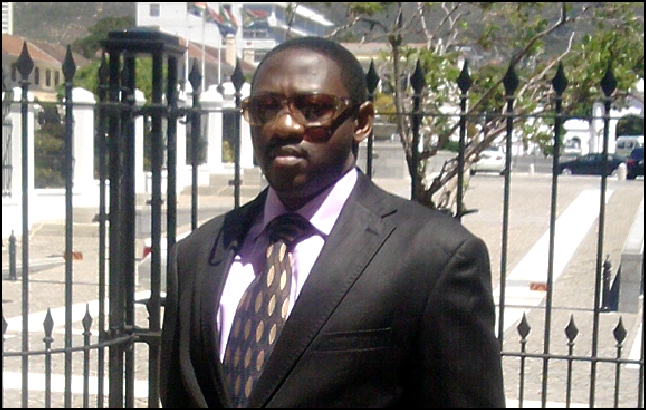The Mo Ibrahim Foundation published its 2013 Ibrahim Index of African Governance (IIAG) in October 2013. Although this was the seventh year the IIAG has been published, it charts governance performance since 2000. This publication is timely especially as the continent celebrates 50 years of the founding of the Organisation of African Unity (OAU) now the African Union (AU). It is important for organisations like the Mo Foundation to make an assessment of the governance situation on the continent, especially as we have just two years away from for the target date of the attainment of the Millennium Development Goals (MDGs) slated for 2015. This contribution therefore reads into the IIAG and gives an analysis of the governance situation in countries in the Central African region. First of all it is vital for a general overview of the governance situation on the continent and indicators used in the IIAG.
The findings of the 2013 Ibrahim Index of African Governance show that there have been some improvements across the African continent. 94 percent of people residing in Africa reside in a country that has made some improvements in governance since 2000. Eight states out of the continent’s fifty-two states performed well in the 2003 report. Nonetheless there are still humongous challenges to thrash especially in the allocation of financial and natural resources. In as much as there have been some improvement in indicators used by the IIAG such as Human Development; Sustainable Economic Opportunity; Participation and Human Rights, there has been a serious decline in an important indicator such as Safety and the Rule of law.
It is thus important to give an assessment of the overall governance situation in the Central African region according to indicators outlined in the IIAG. While states such as Mauritius, Botswana and Cape Verde are ranked 1st, 2nd and 3rd respectively, states in the Central African region ranked amongst the states on the continent with the poorest governance record. Gabon is ranked 24th, Cameroon is ranked 35th Congo Brazzaville is ranked 43rd, Equatorial Guinea is ranked 45th, Chad is ranked 48th, the Central African Republic is ranked 49th and the Democratic Republic of Congo is 51st. This is a clear indication that states in the Central African region continue to perform poorly with respect to Safety and the Rule of Law; Participation and human rights; Sustainable Economic Opportunity and Human Development.
Many pessimists may question the indicators utilized in the IIAG report, but if the same trends keep on repeating in other reports especially like the African Economic Outlook and the Doing Business Reports then there is a serious problem which African leaders need to address. Addressing the issue of governance needs a holistic approach which should include fighting corruption, improving on infrastructure, creating employment conditions for women and children by adequately revamping the private sector and speeding up the continent’s industrialisation process. Serious importance has to also be given to the deteriorating situation of Safety and the Rule of Law especially in the Central African region. States like the Central African Republic are plunged into a serious armed conflict and apparently this conflict is spilling over into neighboring states like Cameroon. If the deteriorating situation in the Central African region is not turned around especially in the Central African Republic by the African Union, the United Nations and other regional and international organisations, then this could signal an era where we shall see an increase spilling over not only in the Central African region but in Africa.
Chofor Che is an associate of AfricanLiberty.org and an integral part of the Voice of Liberty initiative. He is also a Doctoral Law candidate at the University of the Western Cape and blogs at http://choforche.wordpress.com/
[photo: Chofor Che]

